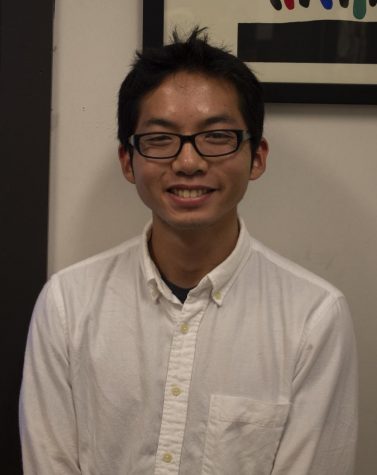DASB votes to oppose Eco Pass fee increase
The DASB Senate unanimously voted to officially endorse the De Anza Political Revolution Club, ES Committee, and TRANsition in opposing VTA in the Eco Pass fee increase.
VTA proposed to gradually increase the cost of the Eco Pass from $9 – $13 up to $40 over the course of several years because they claim they are not making any profit from the current price, but the DASB Senate and many other groups at De Anza are skeptical.
Student Trustee Elias Kamal, 19, political science major, Senator Desiree Humphers, 20, liberal arts and behavioral science major, and Neil McClintick 20, political science major, presented that only 7,000 students actually use the Eco Pass out of the 21,000 De Anza College students who pay for it.
McClintick said that it is questionable that the VTA is not making any profit because it does not make much sense for them to initially agree to a plan that is so unsustainable that they have to triple the cost to make a profit.
Senator Raphael Villagracia said, “The Senate itself is not going to take any action itself yet, but there a lot of individuals in the Senate who are interested in getting involved.”
In the last two hours of the meeting, Senator Villagracia and Senator Humphers discussed upcoming resolutions for the Student Senate for California Community Colleges (SSCCC) Spring 2017 General Assembly. The Senate endorsed 32 out of 36 proposed resolutions.
Senator Villagracia said that he thought the most important resolutions were the environmental education resolution, and the closure transparency resolution which would give sexual assault victims the right to know what kind of punishment will be taken on their attacker.
Following anti-abortion groups displaying graphic images on large posters in the main quad on campus making students feel uncomfortable, the DASB Senate discussed what rules could be implemented to restrict those groups’ access to campus.
Assistant Chief of Foothill-De Anza Police Danny Acosta said that it is not possible to remove specific groups off campus because that would be a violation of free speech.
Acosta said that even if people are showing inappropriate images, or carrying potentially hazardous tools like hammers around, as long as nobody is directly threatened with violence, it is still considered and protected as free speech.

Andrew Shinjo is a journalist, physics student and public policy advocate. In his spare time, he enjoys work as a semi-professional nature photographer....


